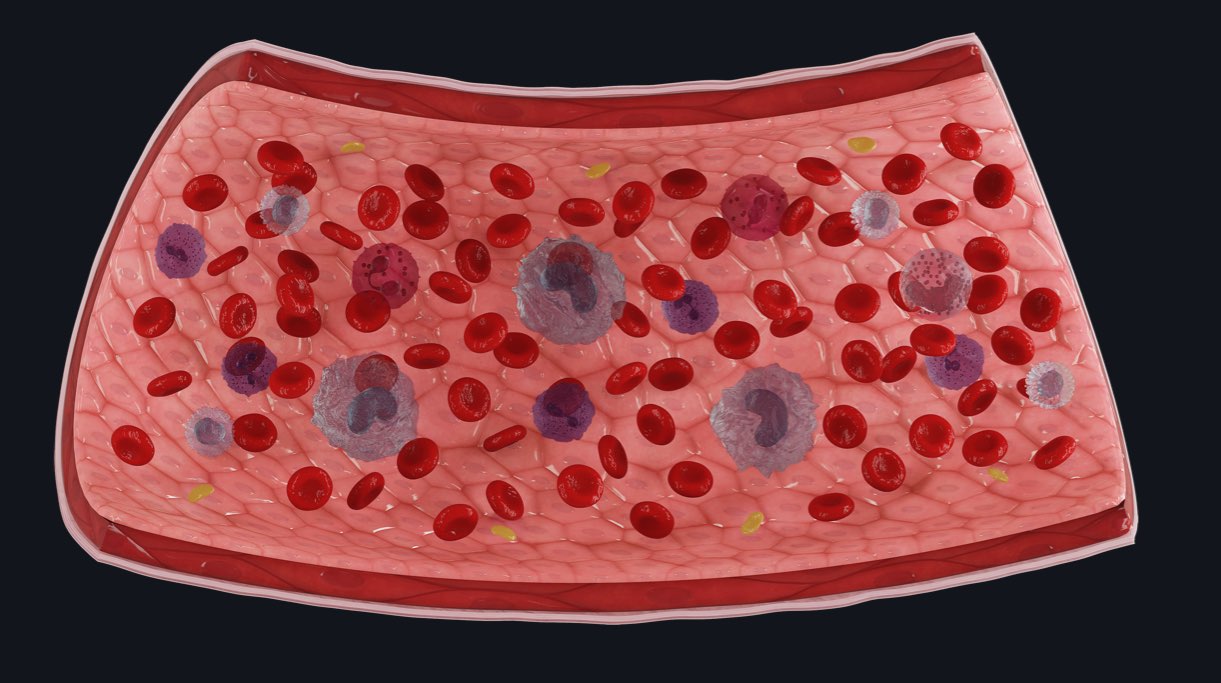WHAT IS CALENDULA FLOWER EXTRACT?
Calendula, scientifically known as Calendula officinalis, is a colourful and adaptable flowering plant in the daisy family. Calendula is a Mediterranean native known for its stunning orange and yellow blooms, and it has a long history of medicinal and culinary applications. This plant is commonly referred to as a marigold, but it is not to be confused with the unrelated marigold species Tagetes, which is commonly used as an ornamental garden flower.

The bright petals of the calendula plant are used to make calendula flower extract. It is valued for its potential health benefits, which include anti-inflammatory and antiseptic properties, and it is used in a variety of herbal remedies, skincare products, and even certain culinary dishes. The extract contains a high concentration of bioactive compounds, including flavonoids, saponins, and essential oils, which contribute to its medicinal properties. These properties have led to the use of calendula in traditional and alternative medicine to treat conditions such as skin irritations, wound healing, and internal discomfort, increasing its popularity in natural health and wellness practises.
WHAT ARE THE HEALTH BENEFITS OF CALENDULA FLOWER EXTRACT?
Calendula, known for its vibrant and sunny blossoms, offers far more than just ornamental beauty. The extract derived from calendula flowers is a treasure trove of health-promoting compounds, with a particular emphasis on its antioxidant prowess. Here are some of its potential health benefits:
- Rich in Antioxidants: The amazing antioxidant properties of calendula flower extract are responsible for a variety of possible health benefits. Triterpenes, flavonoids, polyphenols, and carotenoids are just a few of the antioxidants that are abundant in the extract and actively fight against oxidative stress in the body. Numerous health conditions, such as obesity, the metabolic syndrome, and type 2 diabetes, are linked to oxidative stress. Calendula extract significantly decreased oxidative stress and restored antioxidant levels in a study involving rats fed monosodium glutamate (MSG). Although this animal study shows promise, additional human research is required to determine the full extent of calendula’s antioxidant benefits.
- Wound healing: The healing of skin ulcers and wounds is also promoted by calendula flower extract. Its traditional method for treating wounds and ulcers includes the use of oils, ointments, tinctures, and compresses. Calendula extract is thought to control the expression of proteins that promote wound healing, according to test-tube and animal studies. For example, it raises the level of collagen, a substance essential for skin regeneration, in wounds that are healing. Calendula treatment results in impressive wound healing outcomes, according to clinical studies. In one study, calendula extract was used to treat patients with venous leg ulcers, and 72% of them completely recovered. In a different 30-week study, participants with foot ulcers caused by diabetes showed complete wound closure in 78 percent of cases when using calendula spray. These results highlight calendula’s potency in promoting wound and ulcer healing when applied topically; however, its potency when consumed as a tea is less clear.

- May prevent cancerous cells: The extract of calendula may also possess anticancer properties. Calendula’s flavonoids and triterpenes have been shown in test-tube studies to inhibit the growth of leukaemia, melanoma, colon, and pancreatic cancer cells. The extract seems to block other proteins that might obstruct cancer cell death while simultaneously activating proteins that cause cancer cell death. However, it is critical to emphasis that there are insufficient human studies and that calendula products should never be used in place of recognised cancer treatments. Calendula’s potential anti-cancer properties demand more investigation in clinical studies.
The potential health benefits of calendula extract are truly amazing, and it has been an exciting journey from herbal remedy to cutting-edge scientific study. The potential for harnessing calendula’s natural wonders for human health is promising as research reveals the intricate mechanisms underlying its antioxidant-rich nature and its beneficial effects on wound healing. To fully realise the healing potential of calendula, additional clinical studies are pertinent, even though the preliminary results are encouraging. So, let’s look forward to the promising advancements in the fields of herbal medicine and human health as we celebrate the vivid blooms of the calendula flower.
HOW DOES CALENDULA FLOWER EXTRACT WORK IN HUMAN BODY?
Calendula flower extract works its magic in the human body thanks to its high concentration of antioxidants, flavonoids, polyphenols, and other health-promoting compounds. One of its primary functions is to protect against oxidative stress. When unstable molecules known as free radicals damage healthy cells, oxidative stress occurs, which contributes to a variety of chronic diseases. Calendula’s antioxidants, such as carotenoids, triterpenes, and flavonoids, act as vigilant defenders, intercepting free radicals and neutralising their detrimental effects.
They act as cellular bodyguards, protecting our tissues and organs from the ravages of oxidation, thereby lowering the risk of chronic diseases associated with oxidative stress, such as obesity, metabolic syndrome, and type 2 diabetes. This function, in the end, promotes overall health and well-being while possibly preventing the development of various diseases.
Calendula extract is a wound healing powerhouse in addition to being an antioxidant powerhouse. It regulates the expression of specific proteins that play a critical role in the healing process when applied topically to wounds or ulcers. It specifically boosts collagen production, which is essential for skin regeneration and tissue repair. As a result, wound healing and skin ulcer recovery are accelerated. Calendula’s practical effectiveness in promoting wound healing has been demonstrated in clinical studies. It has been shown to be extremely effective in treating venous leg ulcers, with a significant number of people experiencing complete healing.
Similarly, calendula extract has helped those with diabetes-related foot ulcers achieve remarkable results, with the majority achieving complete wound closure. These findings highlight calendula’s remarkable ability to accelerate the body’s natural ability to heal and regenerate, making it a valuable asset in the field of natural wound care and skin health.
HOW MUCH CALENDULA FLOWER EXTRACT CAN A PERSON TAKE?
The recommended dosage of calendula extract varies depending on the type of calendula product used and the intended purpose. In general, calendula ointments, creams, or oils are applied to the affected area 2-3 times per day when used topically for wound healing or skin conditions. Because the concentration of calendula in these products varies, it is essential to follow the manufacturer’s instructions for the specific item.
It is safe to drink 1-3 cups of calendula tea per day for those who prefer the tea form of the herb. Typically, 1-2 teaspoons of dried calendula flowers can be steeped in a cup of hot water for 10-15 minutes. It is best to follow the directions on the product label when taking calendula supplements like capsules or tinctures. These dosages can range from 300 mg to 1500 mg per day, depending on the formulation. But because there are so few human clinical studies, it is better to discuss with a doctor before using calendula, especially if you are expecting, nursing, or on any medications.
Furthermore, additional study is required to pinpoint more exact dosages and potential interactions, as individual responses can vary. It is important to use caution and seek professional advice when deciding whether to use calendula in your daily health regimen.
WHAT ARE THE VARIATIONS OF CALENDULA FLOWER EXTRACT?
Calendula Flower Extract is also available as:
- Calendula Flower Extract 4:1 (Calendula officinalis)
Calendula Flower Extract is commonly available in:
- Calendula Flower Extract capsules
- Calendula Flower powder extract
- Calendula Flower liquid extract
Glentworth Formulations is here to suit your every need. Everything from Tablets, Capsules and Powder blends.
If you are wanting to know more information, please get in contact with us. Either using the contact form or contacting us directly on: [email protected]


